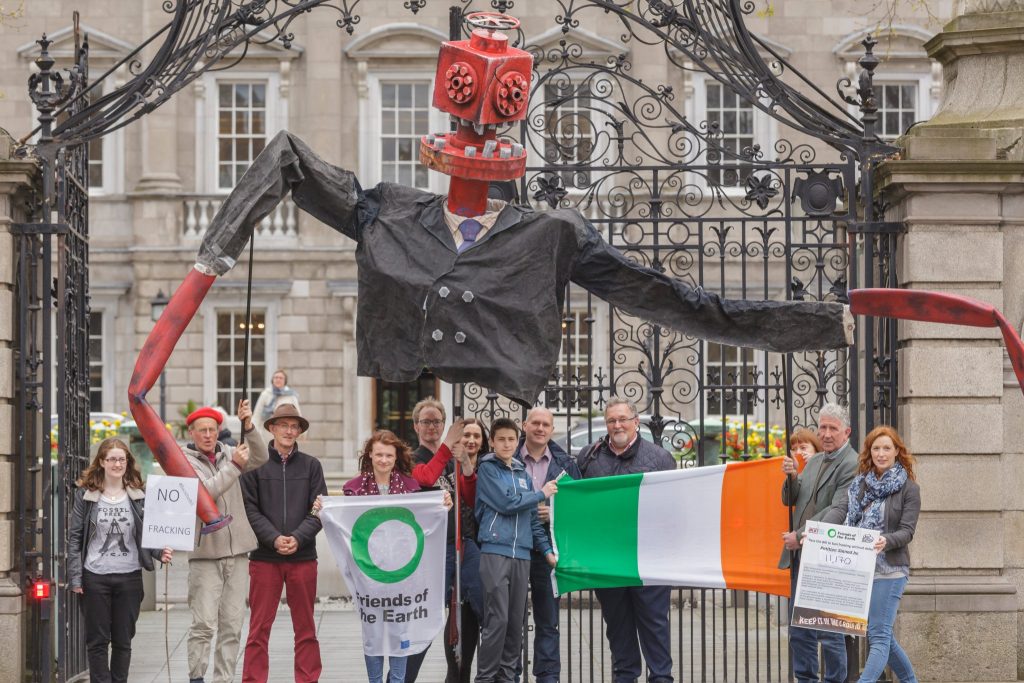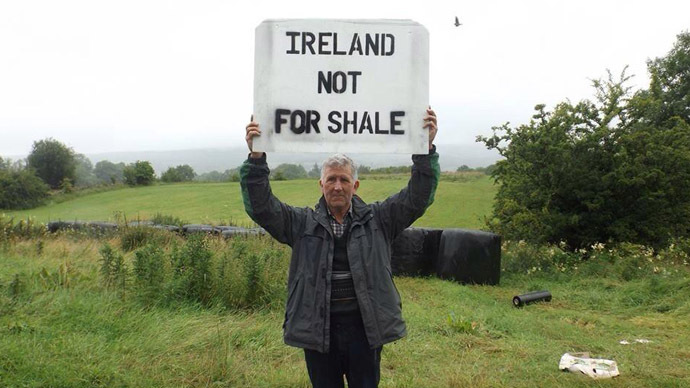Fracking prompts methane spike, US study finds

14 August 2019
Increasing methane concentrations in the Earth’s atmosphere over the past decade is likely linked to emissions from the fracking industry, a new US study has found.
Cornell University research published this week in Biogeosciences points to an increase in methane – the second most impactful greenhouse gas on the climate – in the atmosphere that has a depleted carbon-13 (13C) chemical signature.
Methane in shale gas is depleted in 13C compared to conventional natural gas. The research concludes that the commercialization of shale oil and gas through the likes of fracking has “dramatically increased global methane emissions”.
Fracking is a process for extracting natural gas by drilling into rocks and injecting pressurised water, sand and various chemicals to force out the gas. The gas, formed through the decomposition of dead organisms in the rocks, can then be captured as an energy source.
The Cornell study is the first to expressly examine the potential impact of shale gas on rising methane levels despite the fact that it is responsible for most of the increase in natural gas production over the past decade.
The paper concludes that North America shale-gas production over the past decade may have contributed to around one-third of the total increased global fossil fuel emissions.
Global shale-gas production has exploded in recent years, rising from 31 billion cubic meters in 2005 to 435 billion cubic meters in 2015. Almost 90 per cent of production was in the US, the paper states.

The low-hanging fruit
“This recent increase in methane is massive,” according to the paper’s author Professor Robert Howarth. “It’s globally significant. It’s contributed to some of the increase in global warming we’ve seen and shale gas is a major player.”
Prof Howarth said that previous studies erroneously concluded that biological sources are the main cause of rising methane levels as the likes of cows and wetlands also have low C13C content.
While methane is far more potent at trapping heat than CO2, the atmosphere responds far more quickly to changes in methane emissions. As such, Prof Howarth said, reducing methane emissions now can provide an “instant way to slow global warming”.
“If we can stop pouring methane into the atmosphere, it will dissipate,” he said. “It goes away pretty quickly, compared to carbon dioxide. It’s the low-hanging fruit to slow global warming.”
In addition to contributing to climate change, the paper states, methane emissions lead to increased ground-level ozone levels, with significant damage to public health and agriculture.
The paper estimates that the annual cost of damage to public health, agriculture and the climate from shale gas emissions was between $25 billion and $55 billion over the past several years. “This is comparable to the wholesale value for this shale gas over these years,” the paper concludes.

Shale gas and Ireland
Ireland is part of a small cluster of countries that have imposed a ban on fracking for shale gas. A 2017 study published by the Environmental Protection Agency found that the practice has the potential to damage both the environment and human health.
Despite the ban, the Irish Government is openly supportive of the stalled Shannon LNG terminal project in Co Kerry that would likely see large quantities of liquefied shale gas from the US imported into Ireland.
The Government’s draft National Energy & Climate Plan for 2021 to 2030 states that the development of an LNG terminal would “improve energy security by providing direct access to the global LNG market”.
The practice of fracking is still legal in Northern Ireland. Australian energy firm Tamboran Resources recently applied for a licence to evaluate the natural gas in rocks in Fermanagh close to the border.
Tamboran was originally awarded a licence to probe for gas in Belcoo in 2011, prompting condemnation from the public and many local politicians.
[x_author title=”About the Author”]







